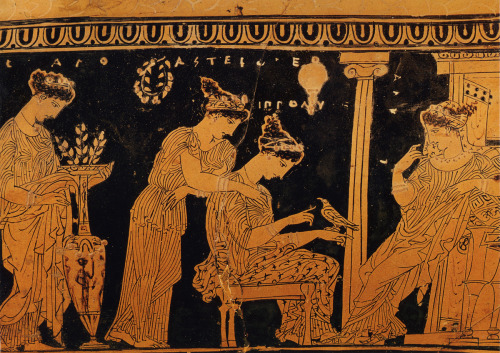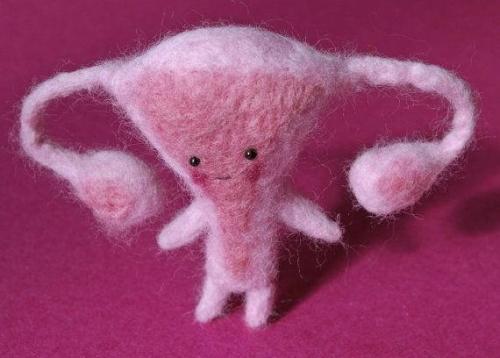Female Hysteria and the Wandering Womb,In pretty much all eras of history it was the expectation of
Female Hysteria and the Wandering Womb,In pretty much all eras of history it was the expectation of women to be subordinate to men without question and to make babies. Any reaction or emotion other than the status quo was often labeled as a disorder or disease, either mental or physical. For centuries physicians believed in a disorder called “female hysteria” which exhibited symptoms such as faintness, tiredness, irritability, or “a tendency to cause trouble”.In Ancient Greece, the cause of “female hysteria” was believed to be directly caused by the womb. In fact, this Ancient Greek belief casts down a legacy today, as the word “uterus” is Greek for hysteria. Greco-Roman physicians such as Hippocrates, Aretaeus, and Galen took the notion one step further by proposing the “wandering womb”. According to the ancients, the uterus was not necessarily an integral organ of the female anatomy, but a separate entity with a mind of its own, almost like a symbiot or a parasite. It would move about and react to stimuli on its own free will. The Greek physician Areteaus describes the womb as such,In the middle of the flanks of women lies the womb, a female viscus, closely resembling an animal; for it is moved of itself hither and thither in the flanks, also upwards in a direct line to below the cartilage of the thorax, and also obliquely to the right or to the left, either to the liver or the spleen, and it likewise is subject to prolapses downwards, and in a word, it is altogether erratic. It delights also in fragrant smells, and advances towards them; and it has an aversion to fetid smells, and flees from them; and, on the whole, the womb is like an animal within an animal.As the uterus moved about pelvic cavity it touched off nerves and blocked blood vessels, causing all sorts of trouble that could lead to female hysteria and other physical ailments. The Ancient Greeks believed that the uterus disliked foul smells and became grumpy in the presence of them, thus causing the uterus to wander about. To coax the uterus back into position, ancient physicians recommended inserting sweet and pleasant substances into the vaginal canal, such as cinnamon or honey. With any luck the roaming uterus would chill out and return home. Maintaining pregnancy also helped prevent a melancholy uterus, as ancient doctors theorized that a pregnant uterus is a happy uterus. -- source link
#history#science#medicine#anatomy#uterus#weird#oddities#ancient greece#ancient greeks#wtf#wandering uterus#weird medicine

